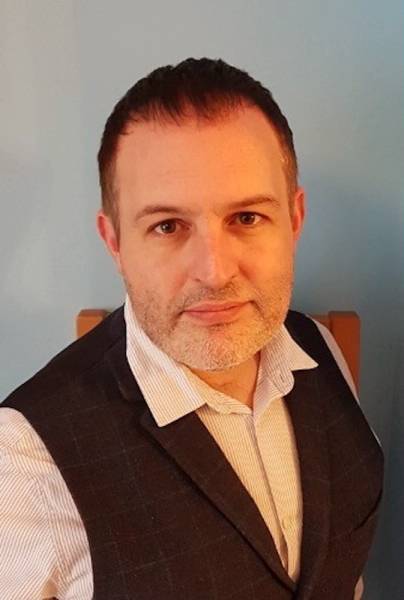Dr David Guiliano


I completed my Ph.D. in Molecular Parasitology and Genomics in the Institute of Cell Animal and Population Biology at the University of Edinburgh in 2002. I subsequently held post-doctoral research appointments and research fellowships in various institutions including the School of Medicine at UCL and the Immunology Unit in the London School of Hygiene and Tropical Medicine. I was also awarded a Wellcome trust advanced training fellowship which I completed in the Department of Biological Sciences at Imperial College London.
I joined the University of East London faculty of Bioscience in 2011 where I held a number of positions and roles within the school including course leadership, Research Degrees Leader, head link for academic partnerships and chair of the HSB Health and Safety Committee. I was the Head of Department for Bioscience from 2017 and 2021.
In 2022 I joined the School of Life Sciences here at Westminster University as an Assistant Head of School.
My research focuses on identifying novel intervention strategies for infectious diseases including rational drug and vaccine design for combating antimicrobial resistance in bacteria and parasites. I have focused on mining genome data of these organisms utilizing in silico modeling and drug docking software to assist in the isolation of novel drugable targets. I am part of an international collaborative effort to develop a mucosal vaccination system using transgenic probiotic organisms to deliver vaccinogens and accessory immuno-stimuli to the gastrointestinal mucosa. I am also interested in understanding the mechanisms by which pathogens dysregulate or avoid immune responses. I am characterizing the activities of immuno-modulatory proteins secreted by gastrointestinal pathogens as many of these organisms occupy intracellular niches and utilize secreted effector molecules to both subvert the biology of the cells they infect and their host’s immune responses. In particular I have focused on elucidating the activities of parasite cytokine homologues derived from the parasitic nematode Trichinella spiralis on epithelial and antigen presenting cells and other secreted proteins in the transformation of skeletal muscle into nurse cells.